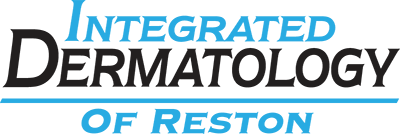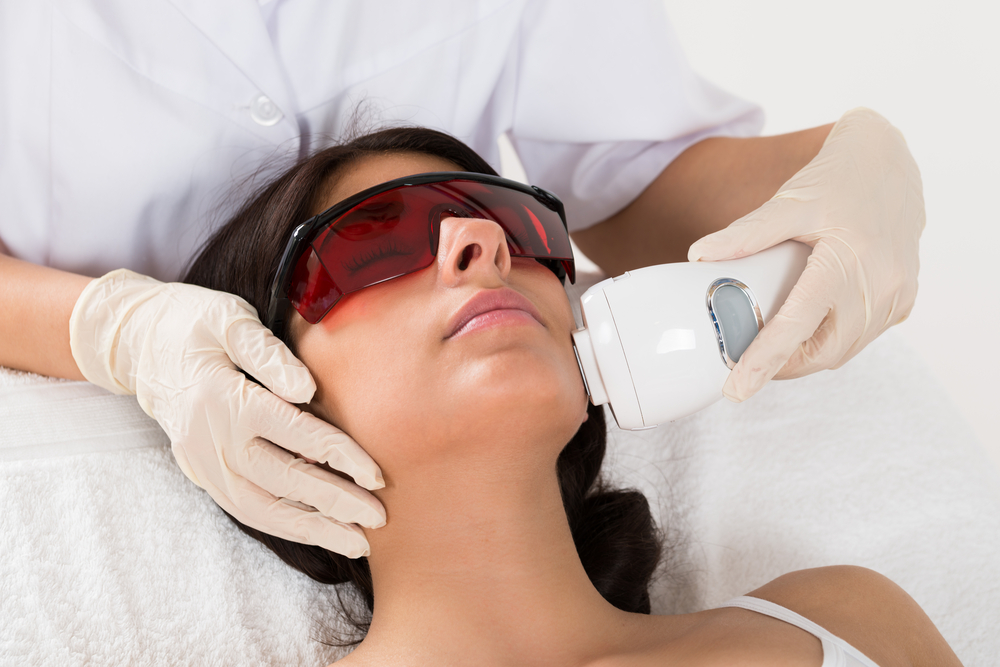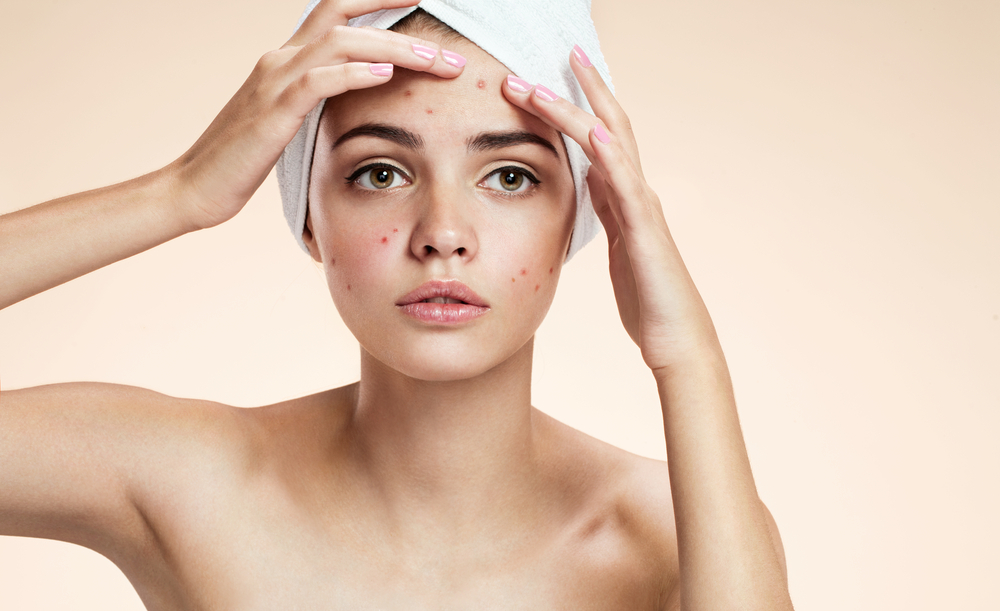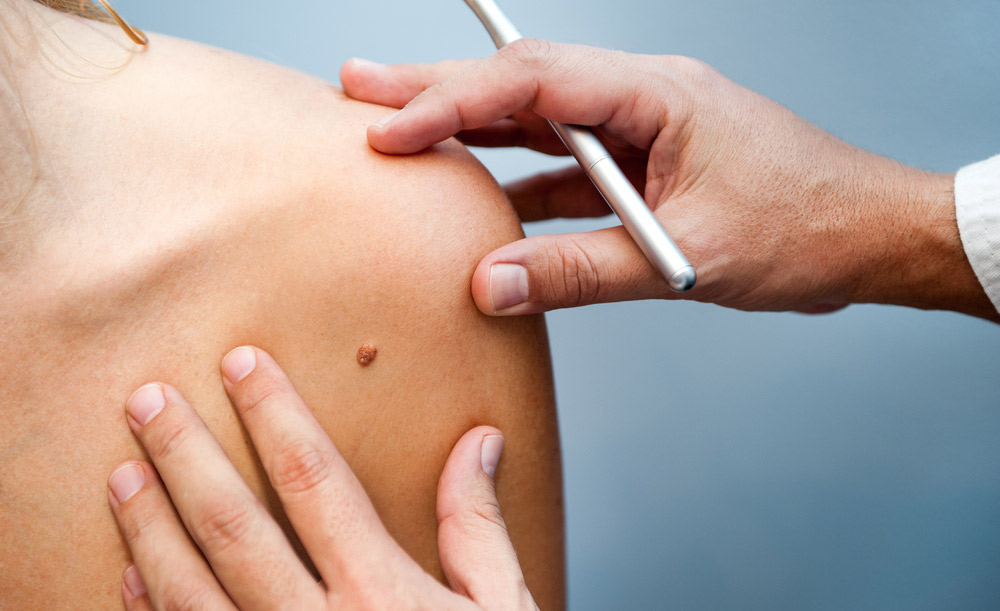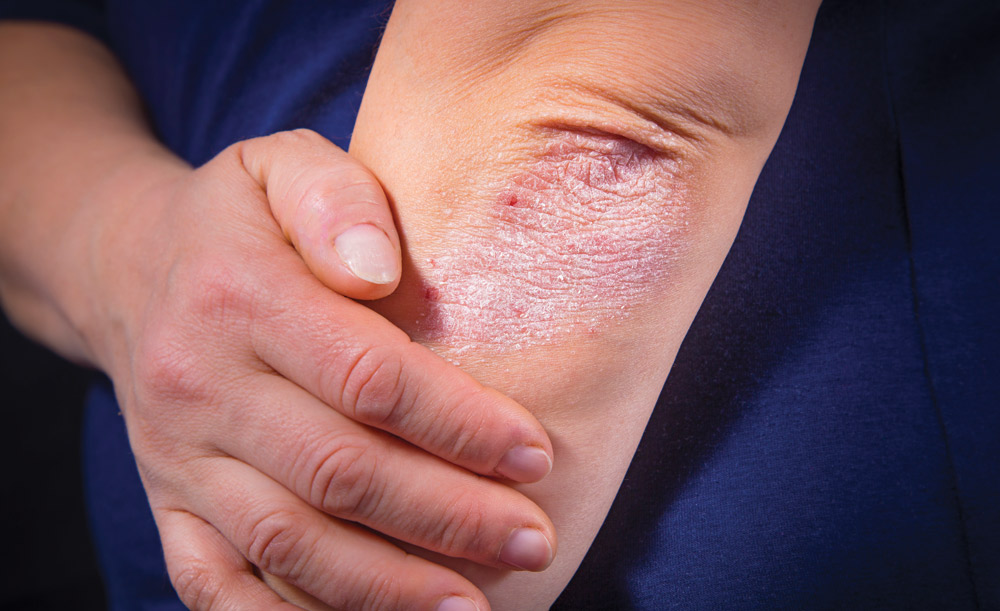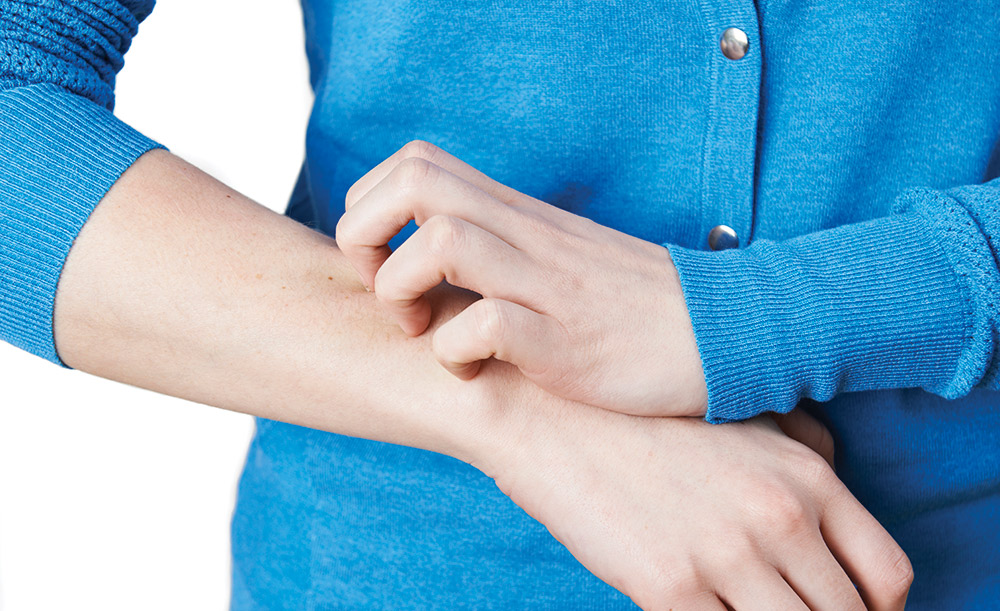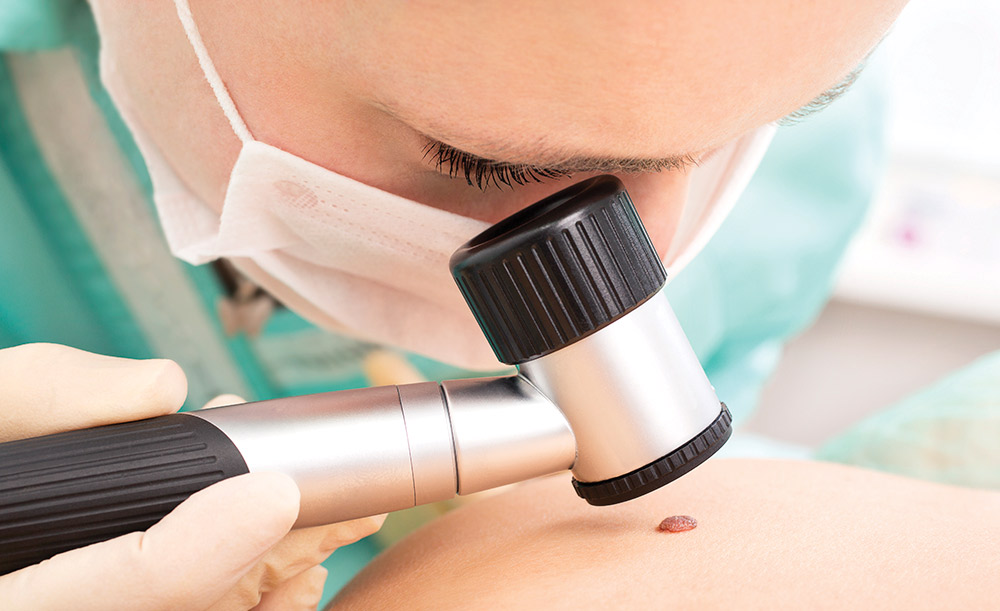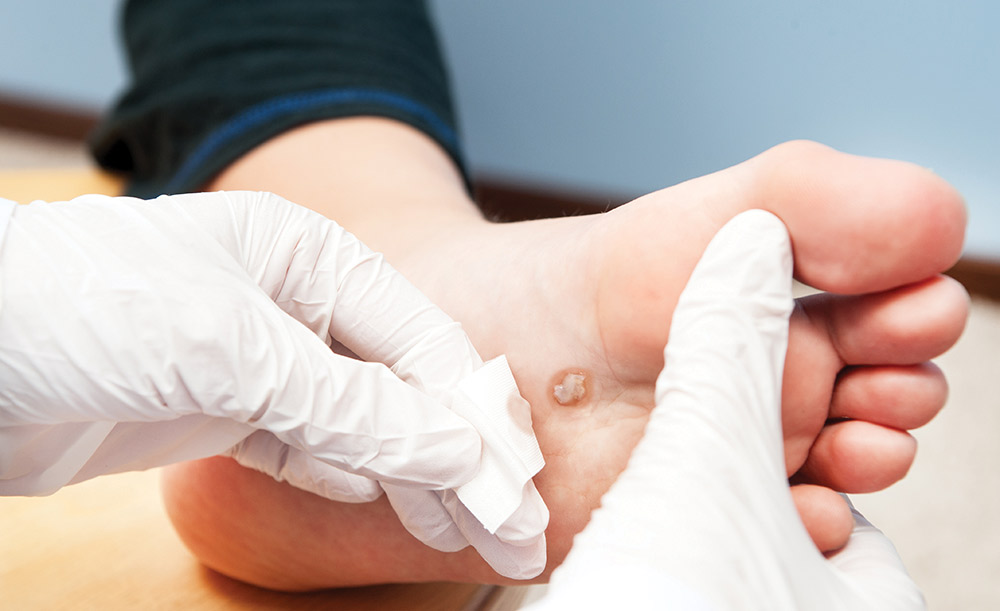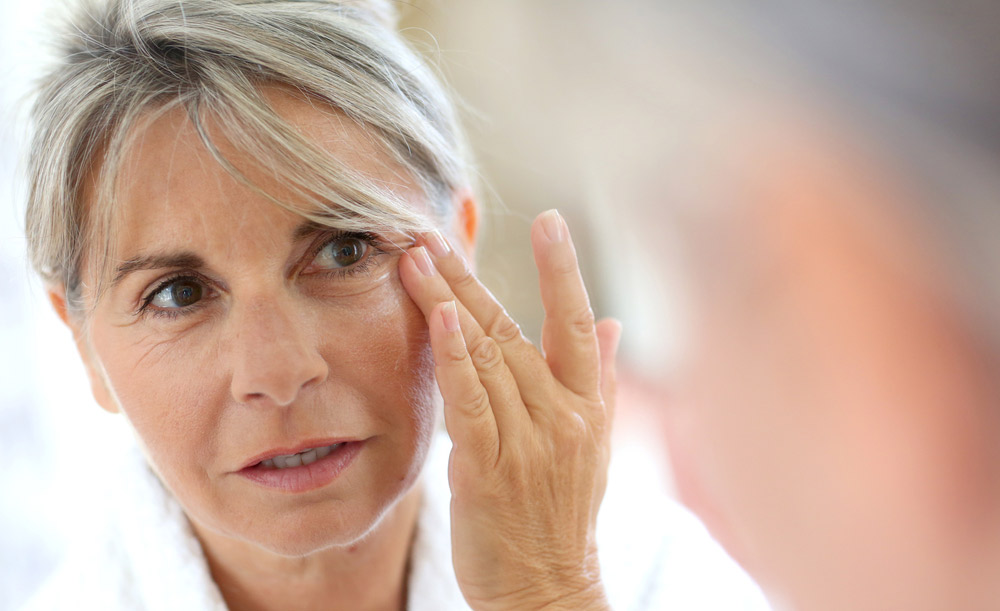Retinols, microdermabrasion, and chemical peels can all help make skin softer and smoother.
However, lasers are considered by many aesthetic experts and patients to be the gold standard when it comes to rejuvenating and correcting the skin.
What Are Lasers?
Laser stands for light amplified by stimulated emission of radiation. In simpler terms, lasers are devices that use light-based energy to target and improve skin.
The wavelength of a laser largely determines its efficacy in treating certain skin conditions. Some lasers are better suited for all-over rejuvenation and scars, while others target dark spots, redness, and hair follicles.
Laser Resurfacing for Rejuvenation, Hyperpigmentation, and Scars
Dermatologists often recommend Fraxel Dual for all-over rejuvenation of the skin, hyperpigmentation, and scars. This laser works by creating tiny thermal injuries in the skin that initiate a wound healing effect and stimulate collagen and elastin.
The result is brighter, smoother, and more even skin. For optimal results, a series of 3-5 treatments spaced 4 weeks apart is recommended.
Vascular Lasers to Reduce Redness
Rosacea, blood vessels, cherry angiomas, and new stretch marks can be treated by vascular lasers.
These lasers operate at a wavelength that is readily absorbed by hemoglobin in the skin.
V-Beam and Intense Pulsed Light (IPL) are two vascular lasers favored by providers, and most patients will require multiple treatments.
Pigment-Focused Lasers for Dark Spots, Tattoos, and Hair Removal
The wavelength of pigment-focused lasers allows them to target excess melanin, tattoo ink, and mature-hair follicles.
A series of IPL or Fraxel Dual treatments are often effective for sun spots, melasma, and hyperpigmentation caused by acne.
For tattoo removal, an Nd: YAG or a Q-Switch Laser can fade, and in some cases, eliminate tattoo ink. Tattoo removal is a lengthy process, and many patients require an average of eight-to-14 sessions depending on characteristics of the tattoo.
Laser hair removal can be performed on the body and face using a Diode, Alexandrite, or Nd; YAG laser. Treatments are advised every six-to-eight weeks, and six sessions can reduce up to 90 percent of hair growth.
Seek a Board-Certified Dermatologist for Laser Treatments
As with any cosmetic procedure, laser treatments can vary from patient to patient, and it’s best to seek care from a board-certified dermatologist.
For additional information about laser treatments, please call Integrated Dermatology of Reston today to schedule an appointment.

